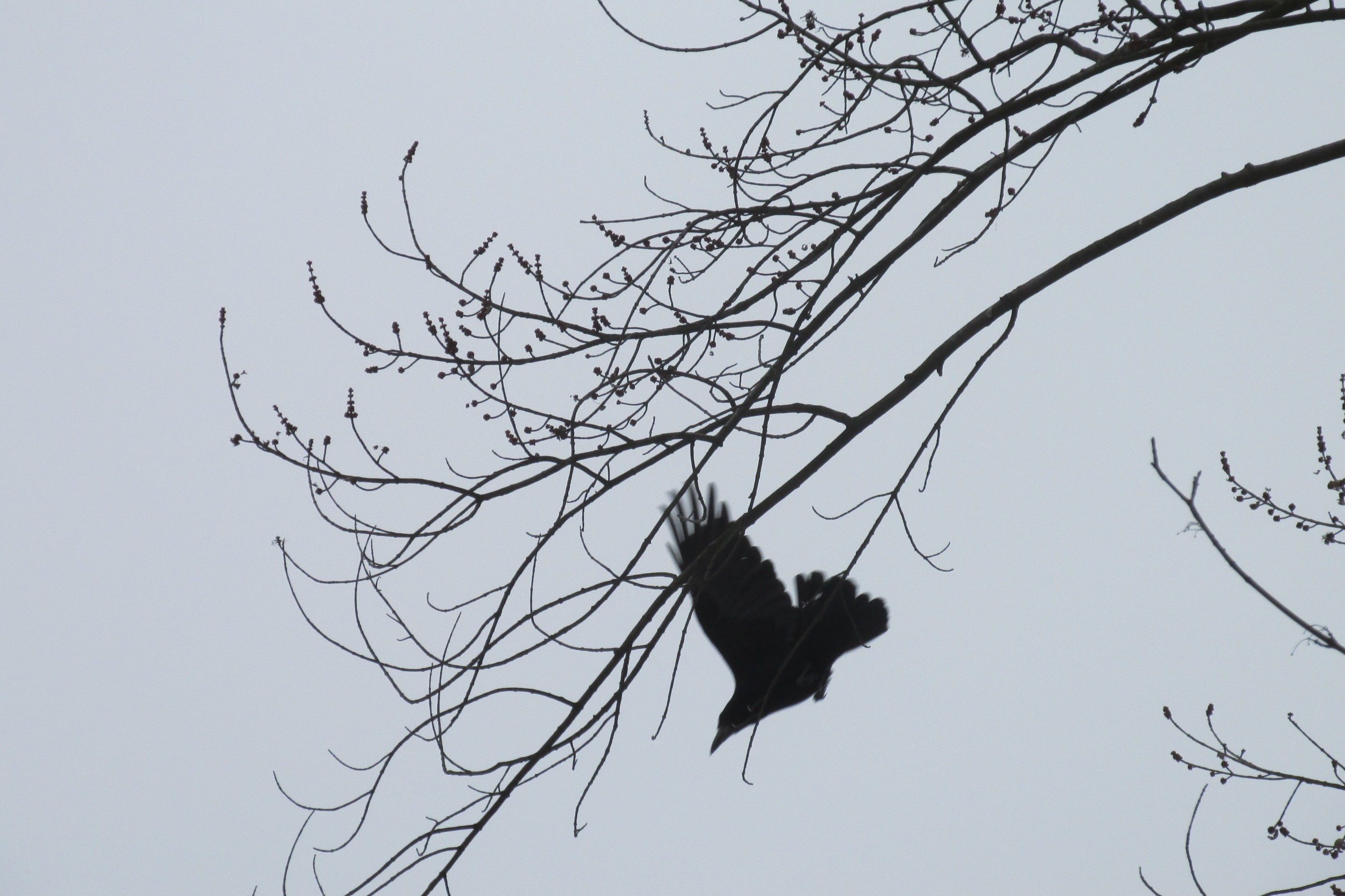Disappearance, Week Six by Seth Leeper
My focus good as smoke in navigation.
In the dim light I see a birdman
watching my approach. His head,
a down of tiered feathers,
to match the vibrant sheen
of his chest. Nude, below
he is fully human.
He raises his hand in greeting, sets loose
a shrill warning cry. A baleful, pained
mantra unleashed from his beaked mouth. “I have
seen your daughter,” he says. “Down below the earth,
the darkness so thick, it casts no shadow.”
Southerly winds stir the dirt and stones at our feet.
An angry, sudden gust shakes the dry trees,
Cracks trunks, uproots the worms and serpents.
All I see is your face, daughter,
through the stinging blur of my vision.
